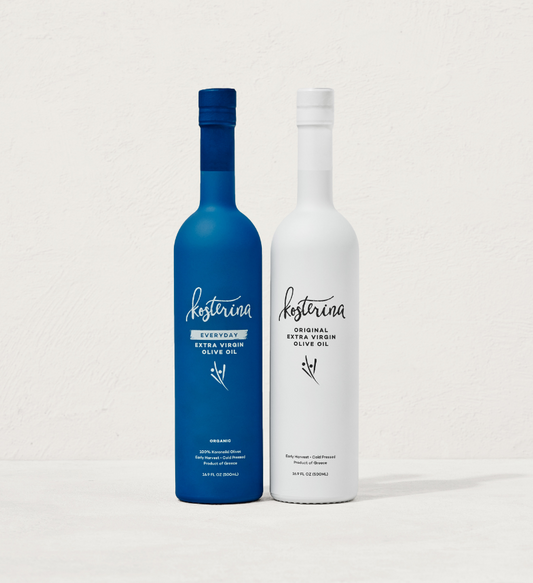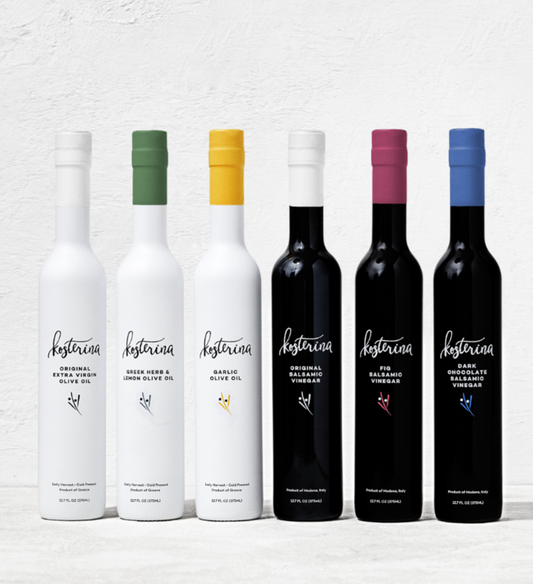Learn
Intermittent fasting - How, When & Why?

If you've ever heard the term 'intermittent fasting' and your mind is immediately flooded with confusion, you're not alone. This concept has been floating around the wellness world for the past few years, but it begs a few questions for us regular folks: Is it simply just skipping breakfast? How many hours am I supposed to be eating (or not)? Does it matter if I eat fruits + veggies during that time or chips + Oreos?
While there seems to be a lot of excitement, and confusion, around this topic - recent research has proven that fasting regularly has a direct impact on our health and longevity. Tune in to a podcast with longevity researcher, Dr. Valter Longo -- you'll be fascinated with the impact it can have on your health if you do it right. (You may remember that I've written about Dr. Longo's Prolon FMD (fast-mimicking diet) several times in this newsletter. In fact, I'm gearing up to do another round next week! Dr. Longo donates his portion of the proceeds from Prolon sales back into his research.)
Some of the biggest takeaways?
1. We don't need to do it for too long: Longo recommends fasting for 12 hours and eating for 12 hours (this has the most beneficial impact on sleep and metabolic rate). Also, he mentions that shorter, more focused fasts a few times a year - like the Fast Mimicking Diet - is much more beneficial than long-term fasting.
2. The food you eat matters: Fasting alone isn't a magic pill; finding the foods that work best for your body is also really important. According to research, the pescatarian diet is best for most nutrient-packed humans today.
If you want to learn more about Valter's work, I recommend checking out some of his research. Here's to living longer, healthier lives!







